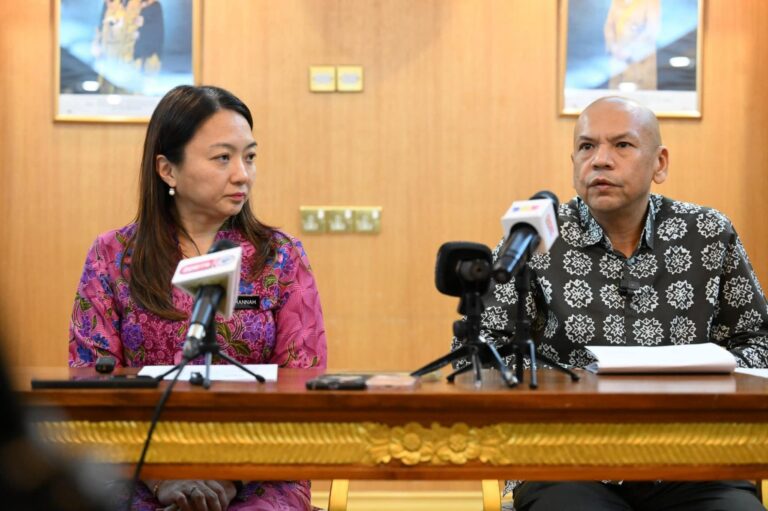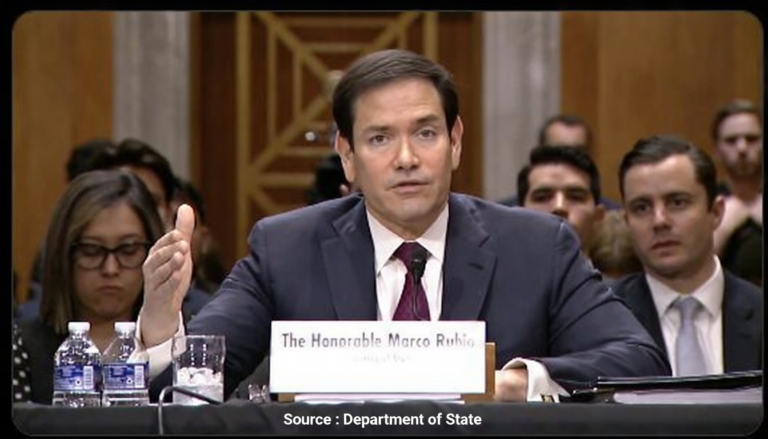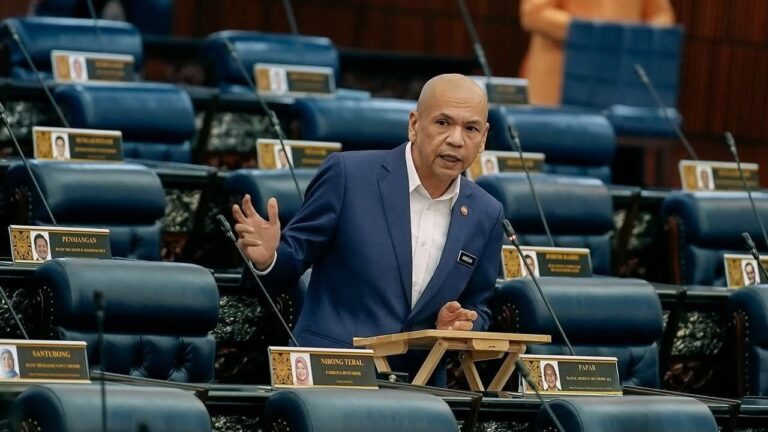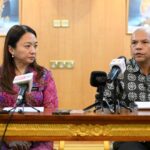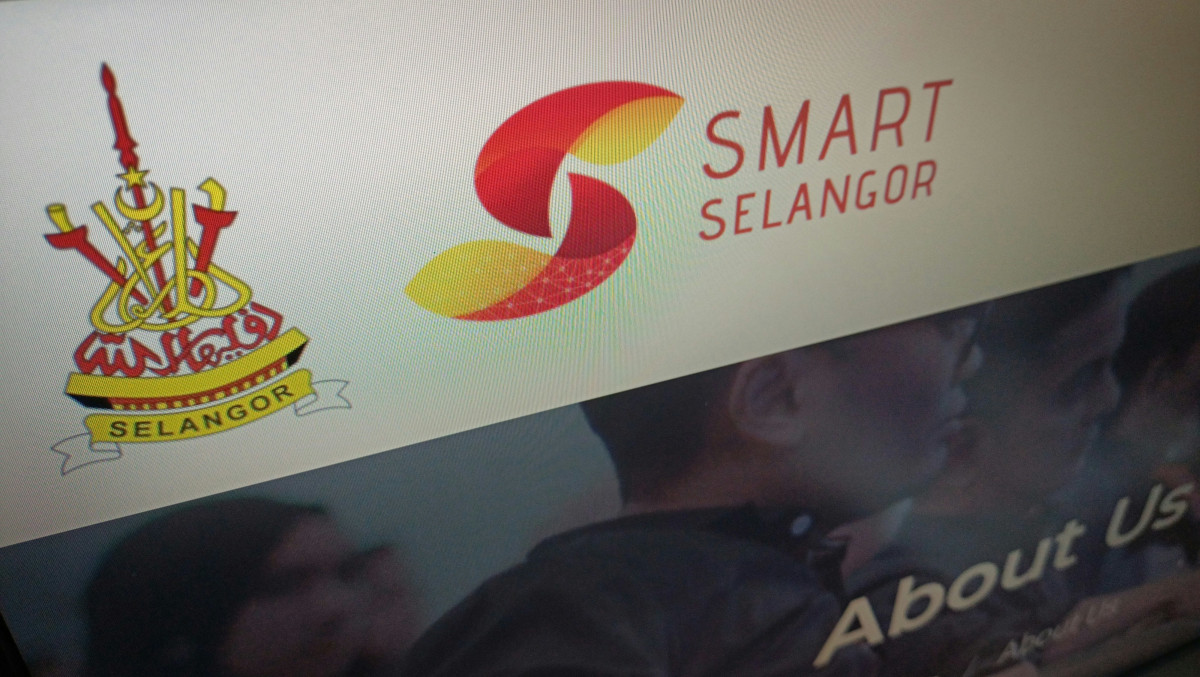
A new academic study has offered timely insights into Selangor’s smart city journey, showing how evidence-based evaluation can guide future improvements and accelerate impact. Using Data Envelopment Analysis (DEA), researchers from Universiti Malaya and Delta (FST) Universiti Kebangsaan Malaysia assessed the efficiency of 16 initiatives under the Smart Selangor Action Plan (SSAP) across the domains of Smart Government, Smart Economy, Smart Community, and Smart Digital Infrastructure.
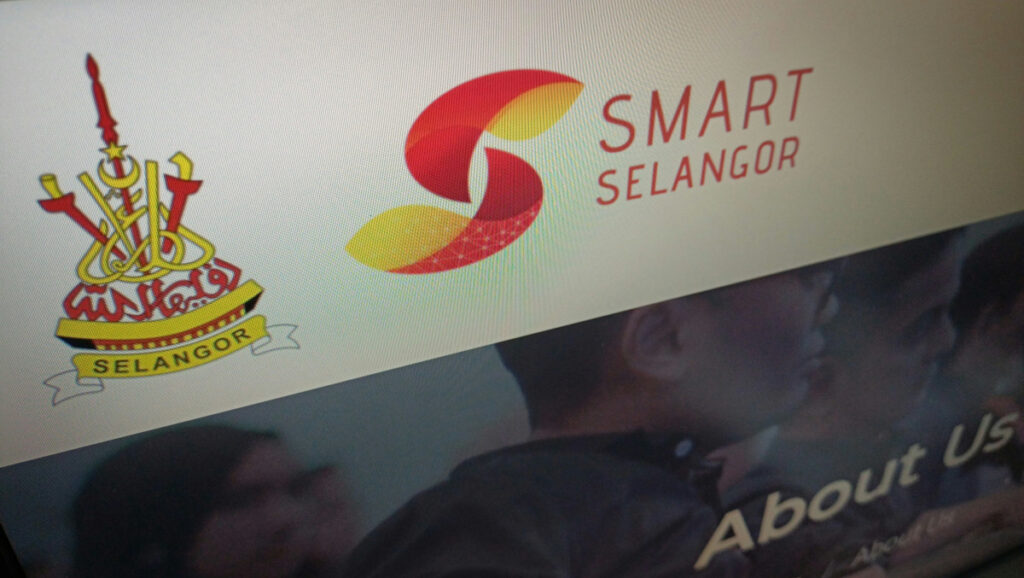
The study found that programmes such as the CoE-Government Hackathon and the Intelligent Disaster Reporting System (IDRS) achieved full efficiency. Both initiatives demonstrated strong alignment with citizen needs, cross-agency collaboration, and innovative use of digital technology. These models provide important benchmarks that can be scaled up or adapted to other areas.
Other projects, including Smart Selangor Parking, Tap to Ride, and the SME Platform & Marketplace, are showing steady progress. While not yet at peak efficiency, they reflect promising potential, especially as recent reforms like the RSTU framework (August 2025) and the Smart Intelligent Parking system (July 2025) continue to enhance operational integrity and resource use.
Some initiatives, such as Public Bike Share and CEPat-Government Services, registered lower efficiency scores. Rather than setbacks, these are now seen as opportunities for growth. Strengthening technical integration, boosting community adoption, and recalibrating expectations for infrastructure-heavy projects are among the ways forward. Addressing these factors can unlock greater value for citizens and ensure resources are channelled where they matter most.
On average, the study observed moderate achievements in environmental and operational outcomes across the initiatives. Researchers believe higher KPI attainment is within reach if strategic alignment is further sharpened. The findings reinforce the importance of adaptive governance and responsiveness to citizen priorities in ensuring long-term success.
Lead researcher Dr Mas Nordiana Rusli highlighted that the study underscores the role of “evidence-based benchmarking, adaptive governance, and better alignment between project design and citizen priorities” in advancing smart city outcomes.
The authors recommend that the Smart Selangor Delivery Unit (SSDU) embed DEA-based performance reviews into the policy cycle. This would support transparent governance and ensure that efficient initiatives are scaled up, while underperforming ones undergo constructive audits to identify paths for improvement.
Launched in 2016, the Smart Selangor programme aims to position the state as ASEAN’s most liveable smart region by 2025, with more than 60 initiatives spanning governance, economy, community, and infrastructure. With less than a year to go before its target date, this evaluation is not a final verdict but a roadmap. It points to what has worked, what can be strengthened, and how Selangor can continue leading the way in smart city innovation.





